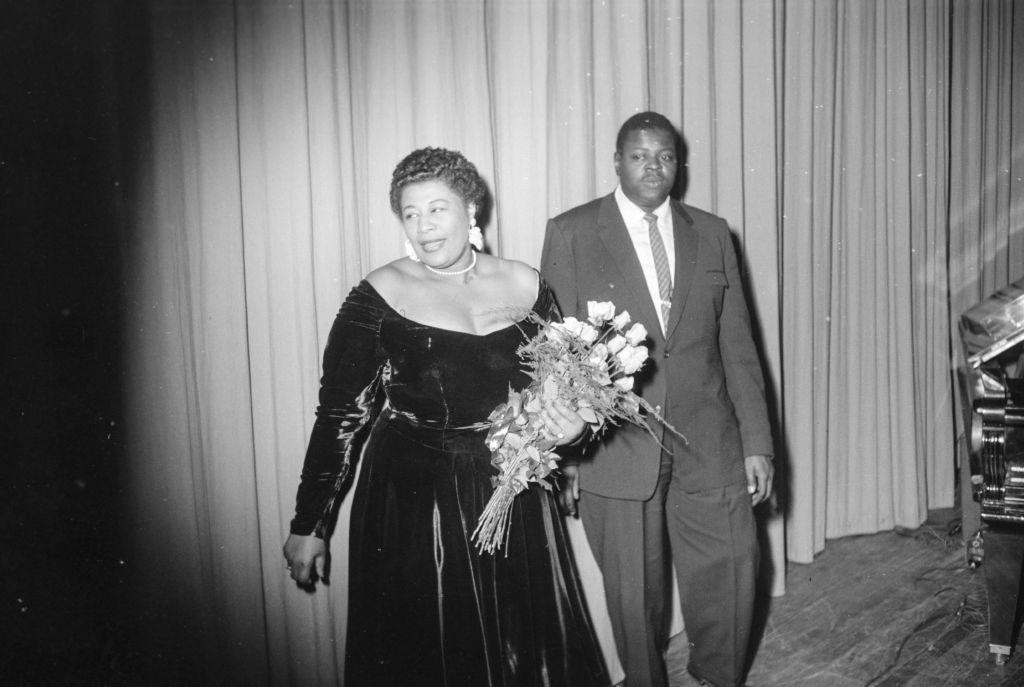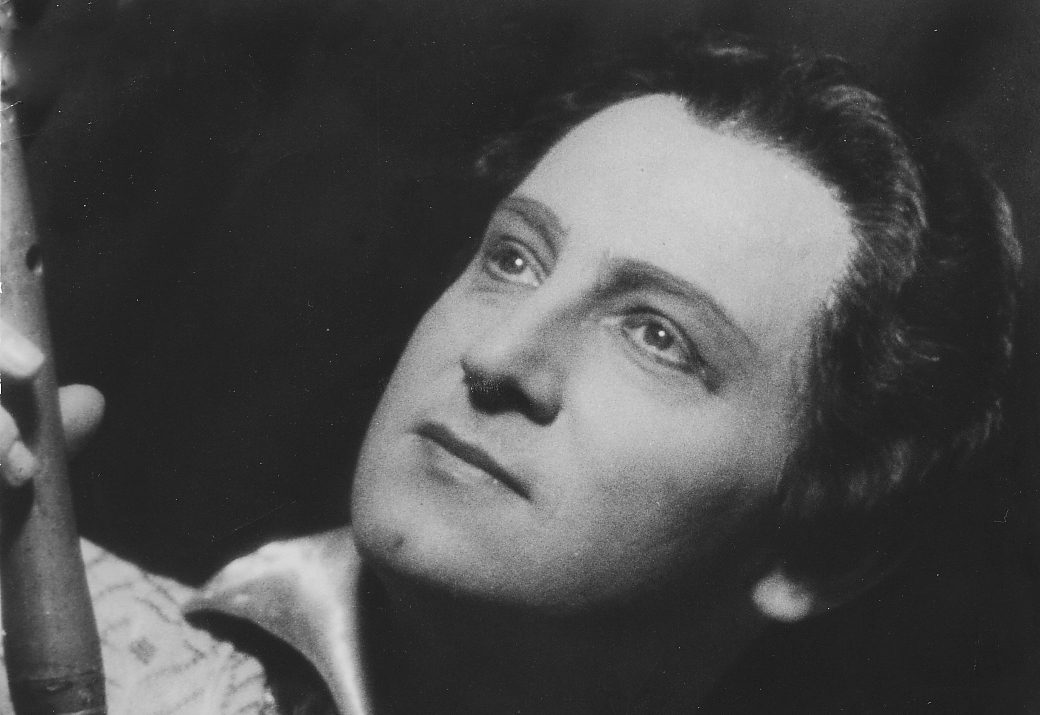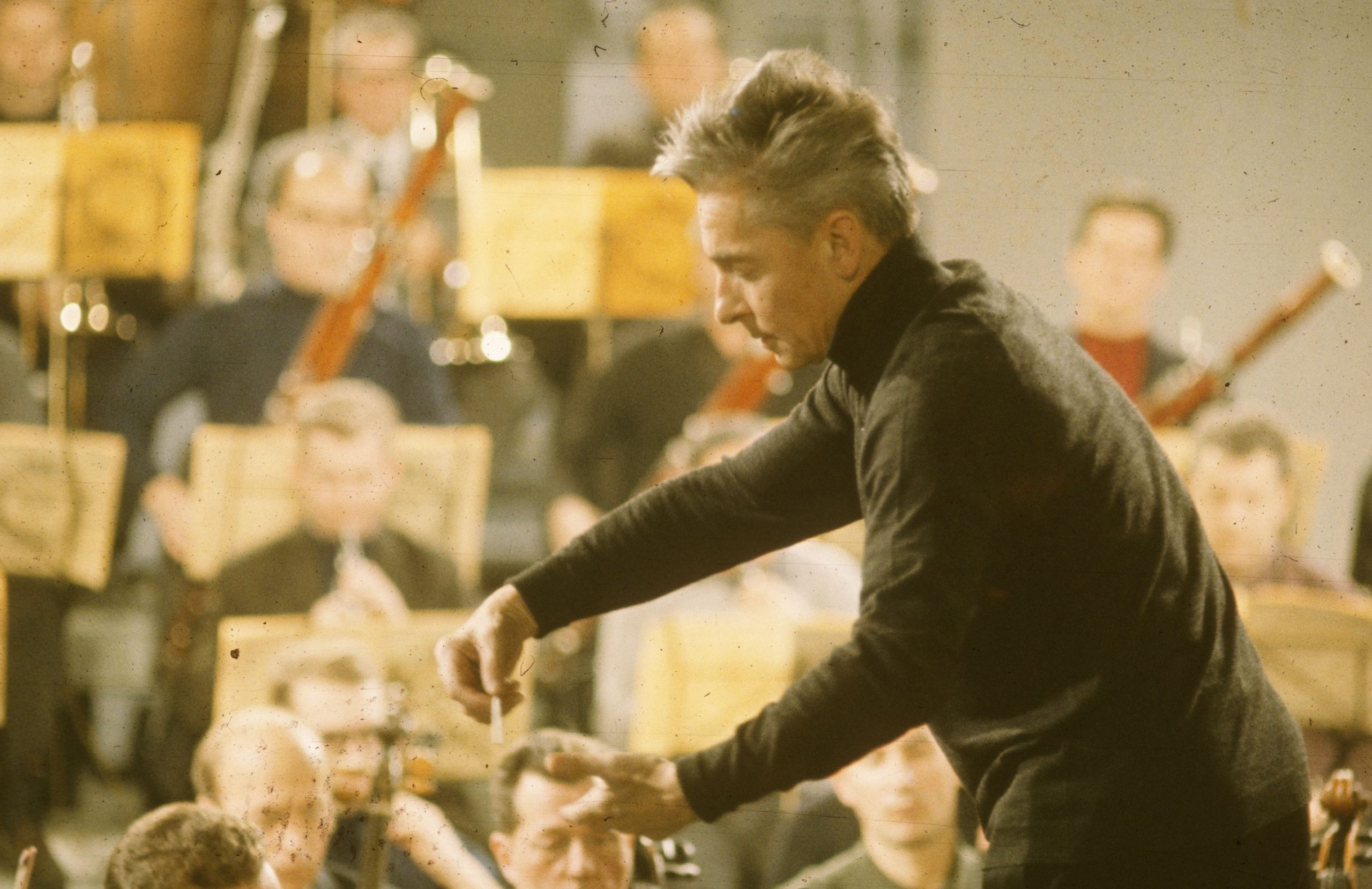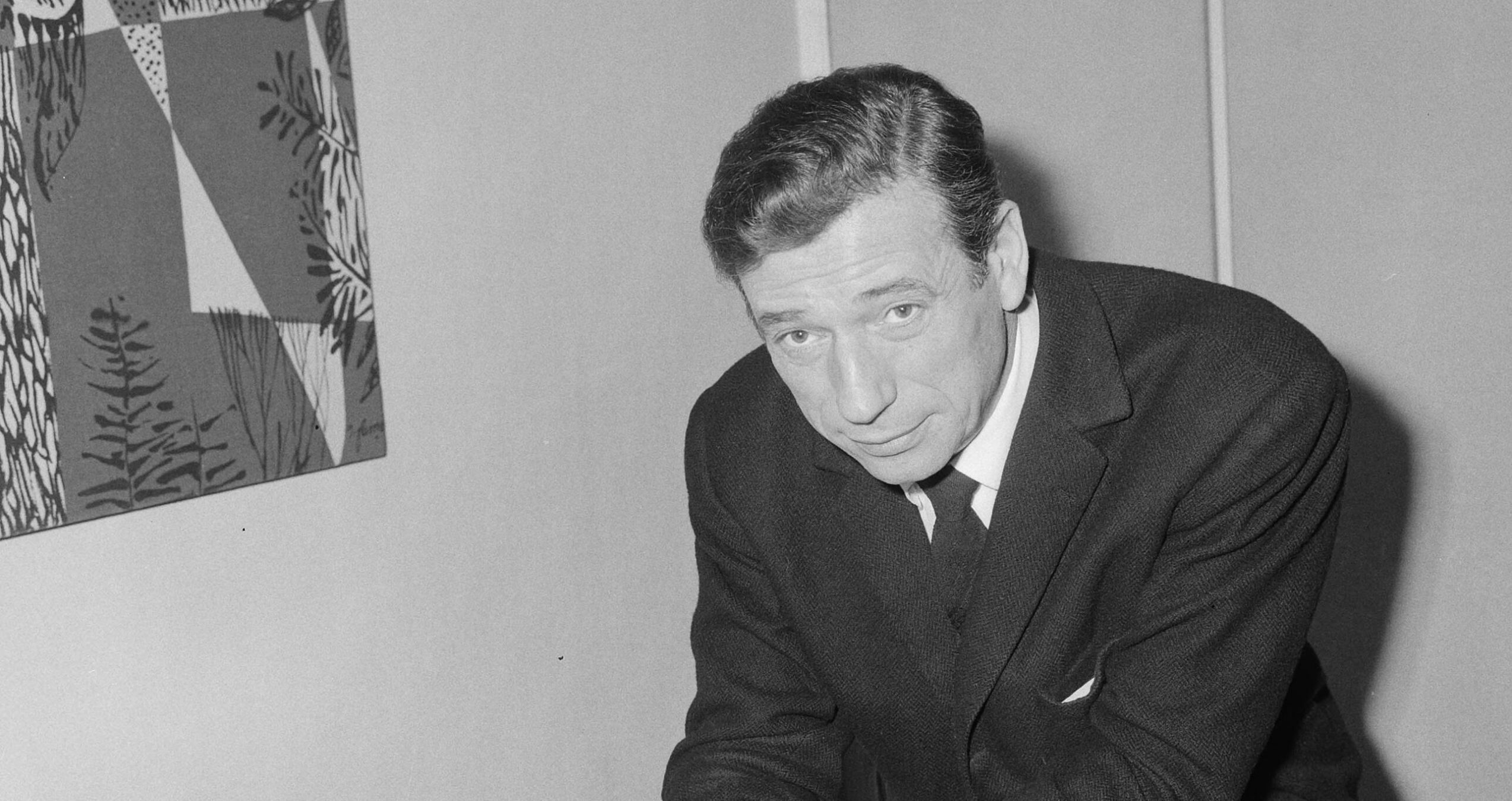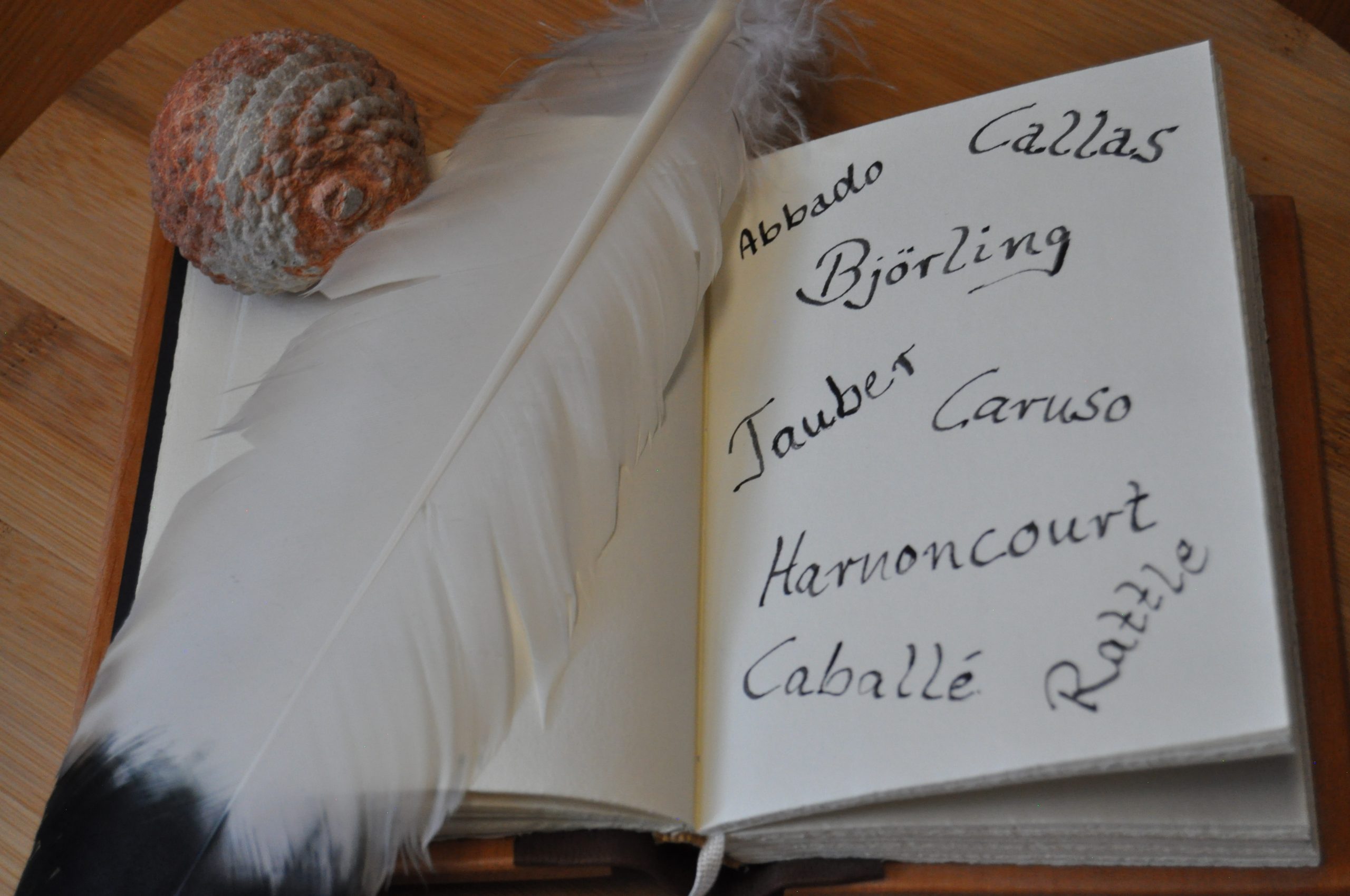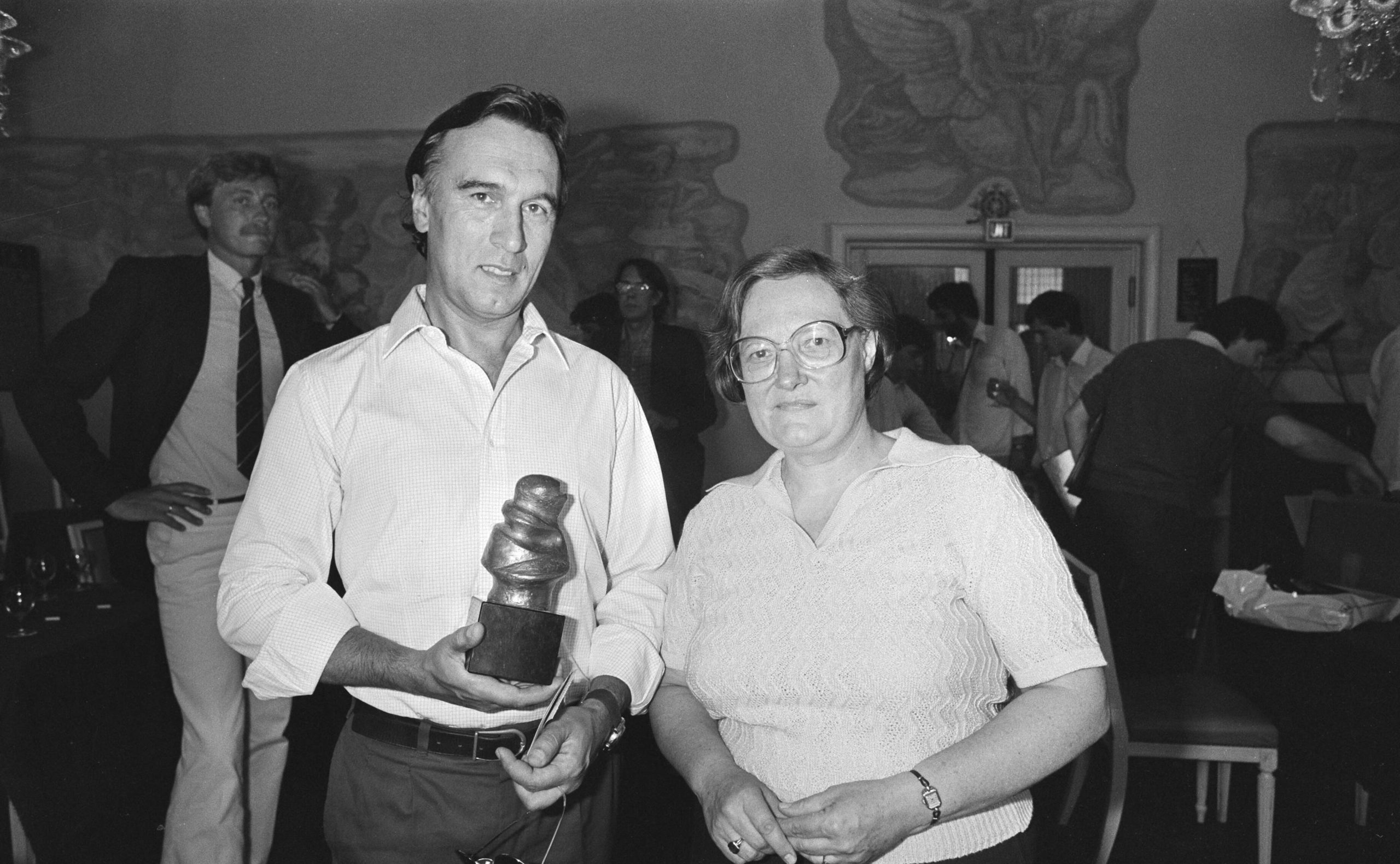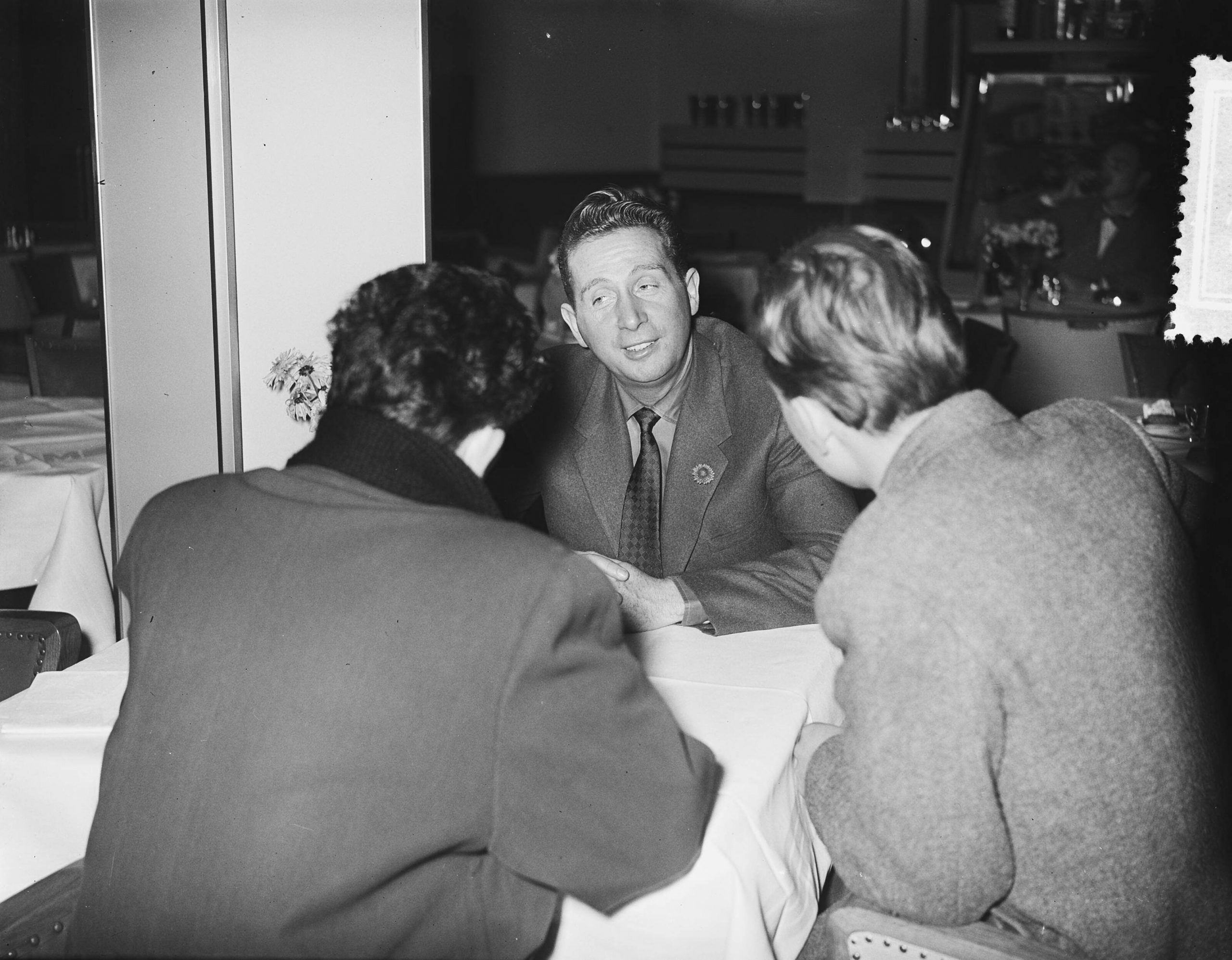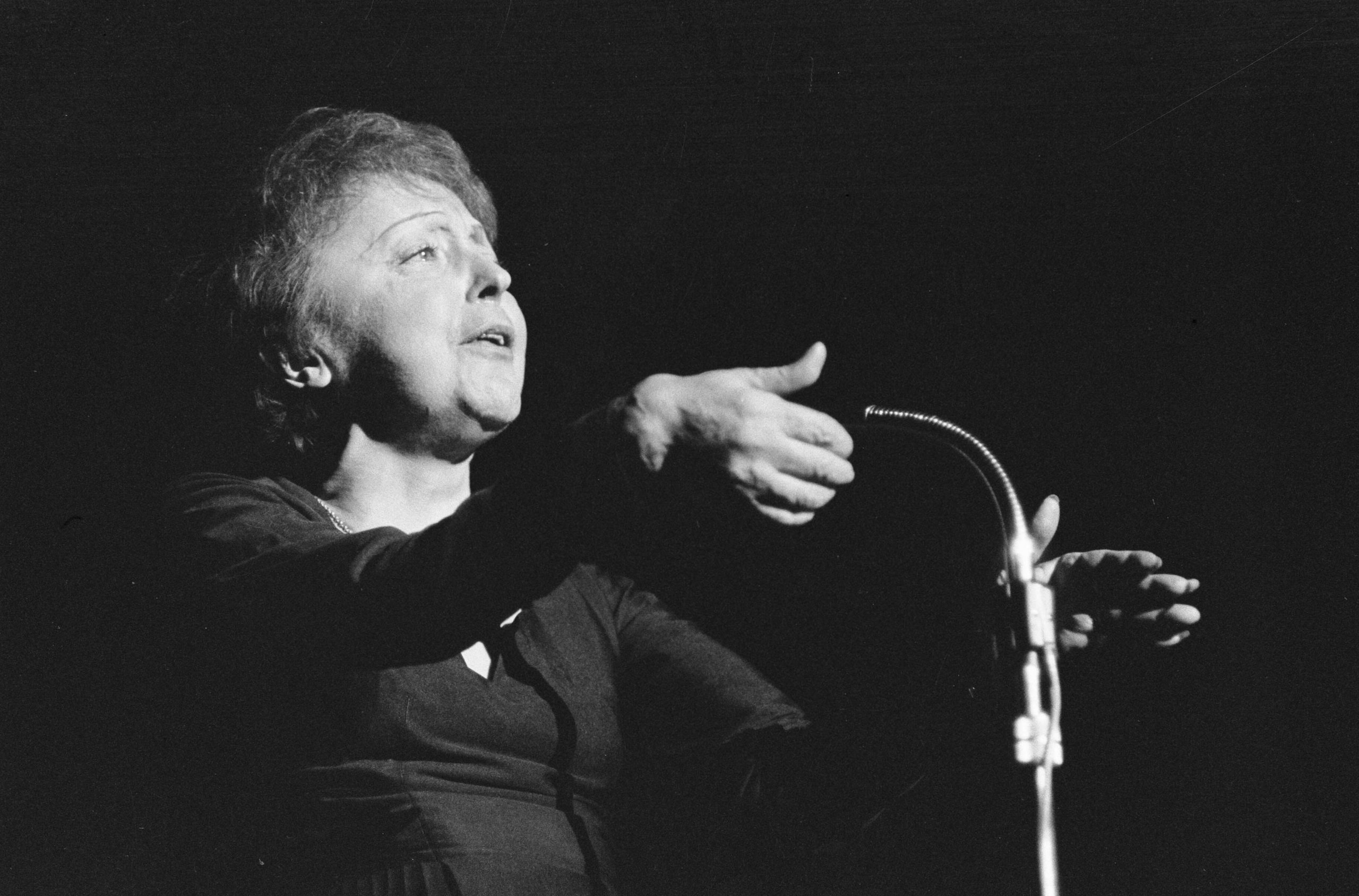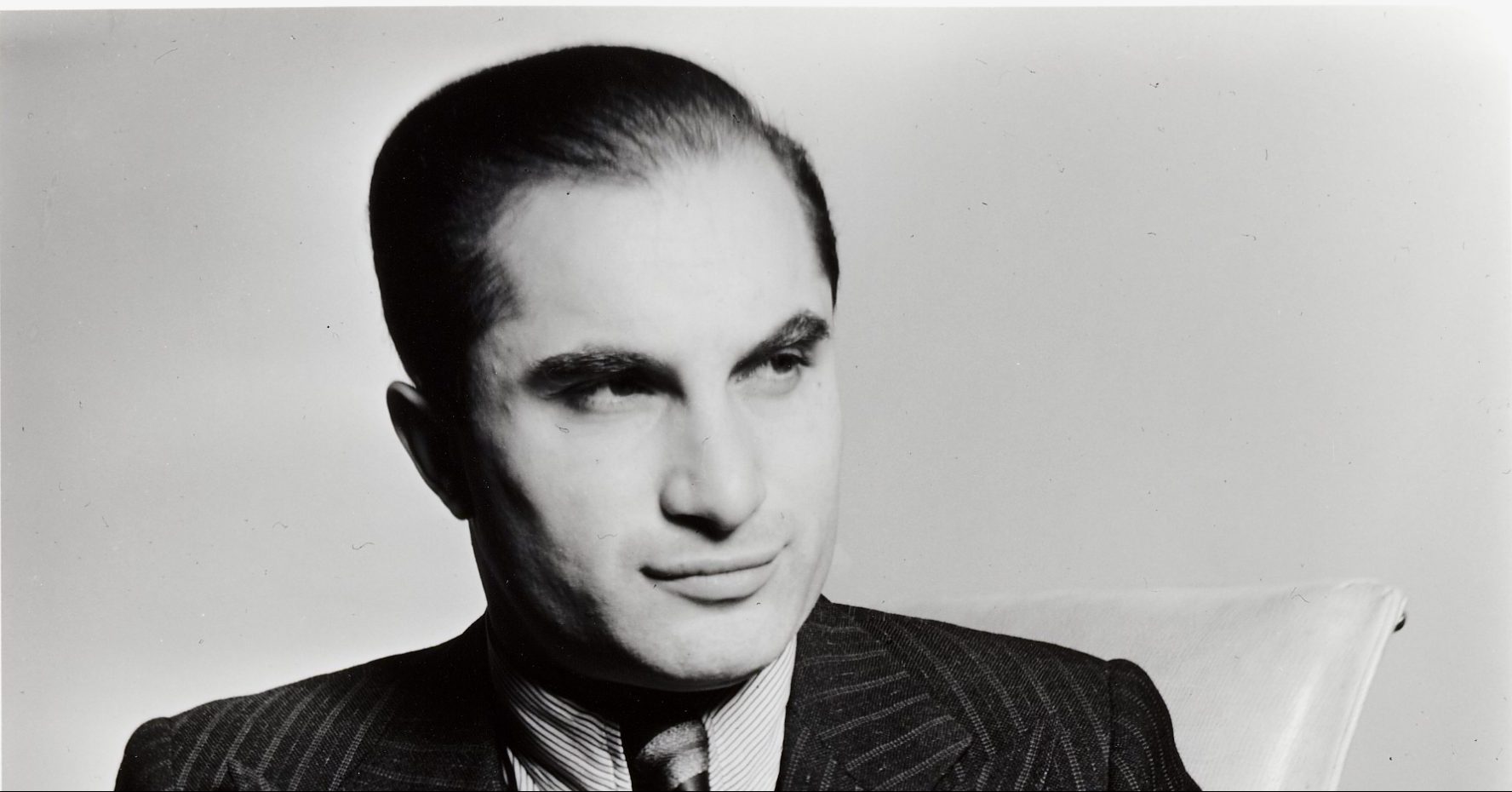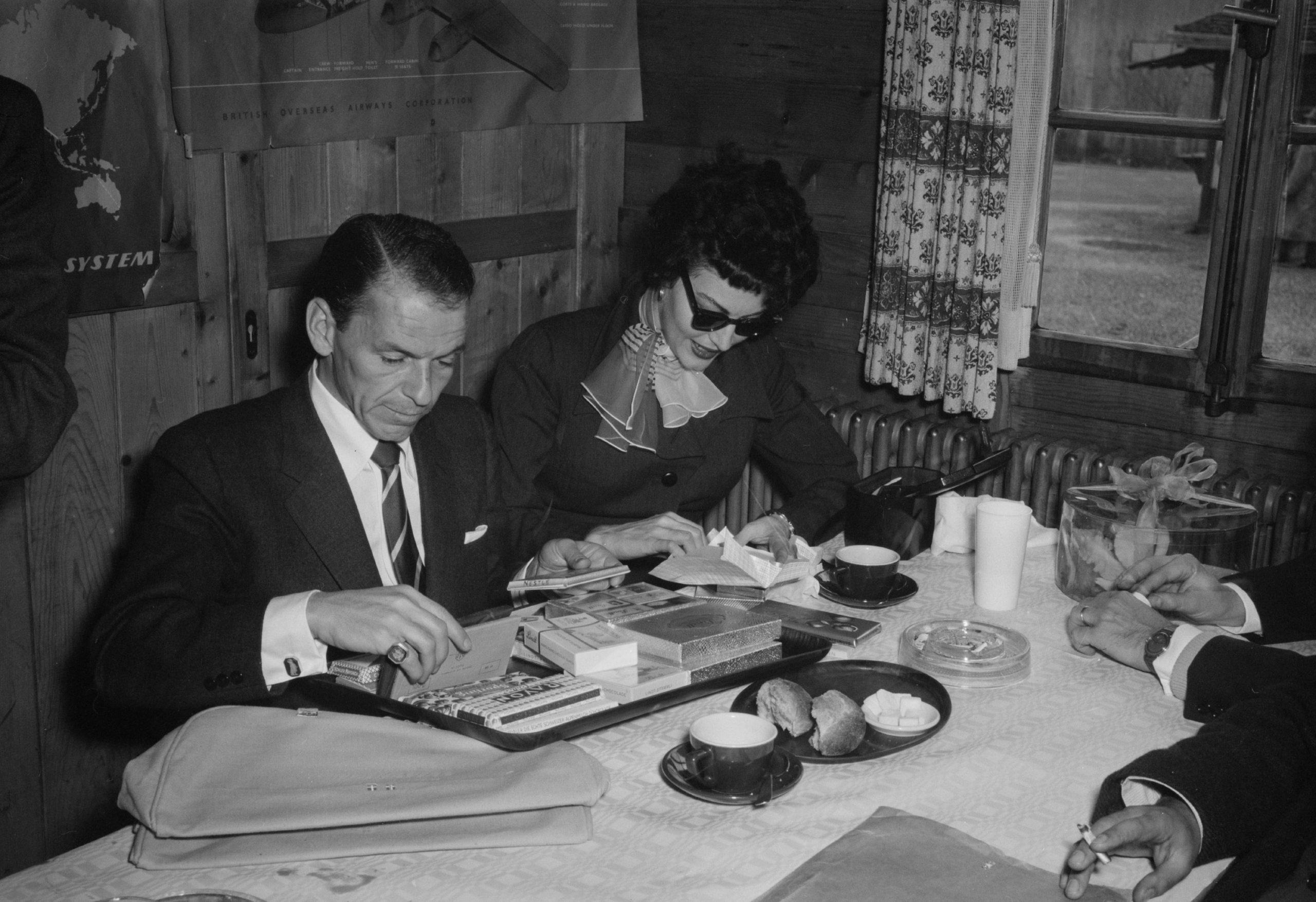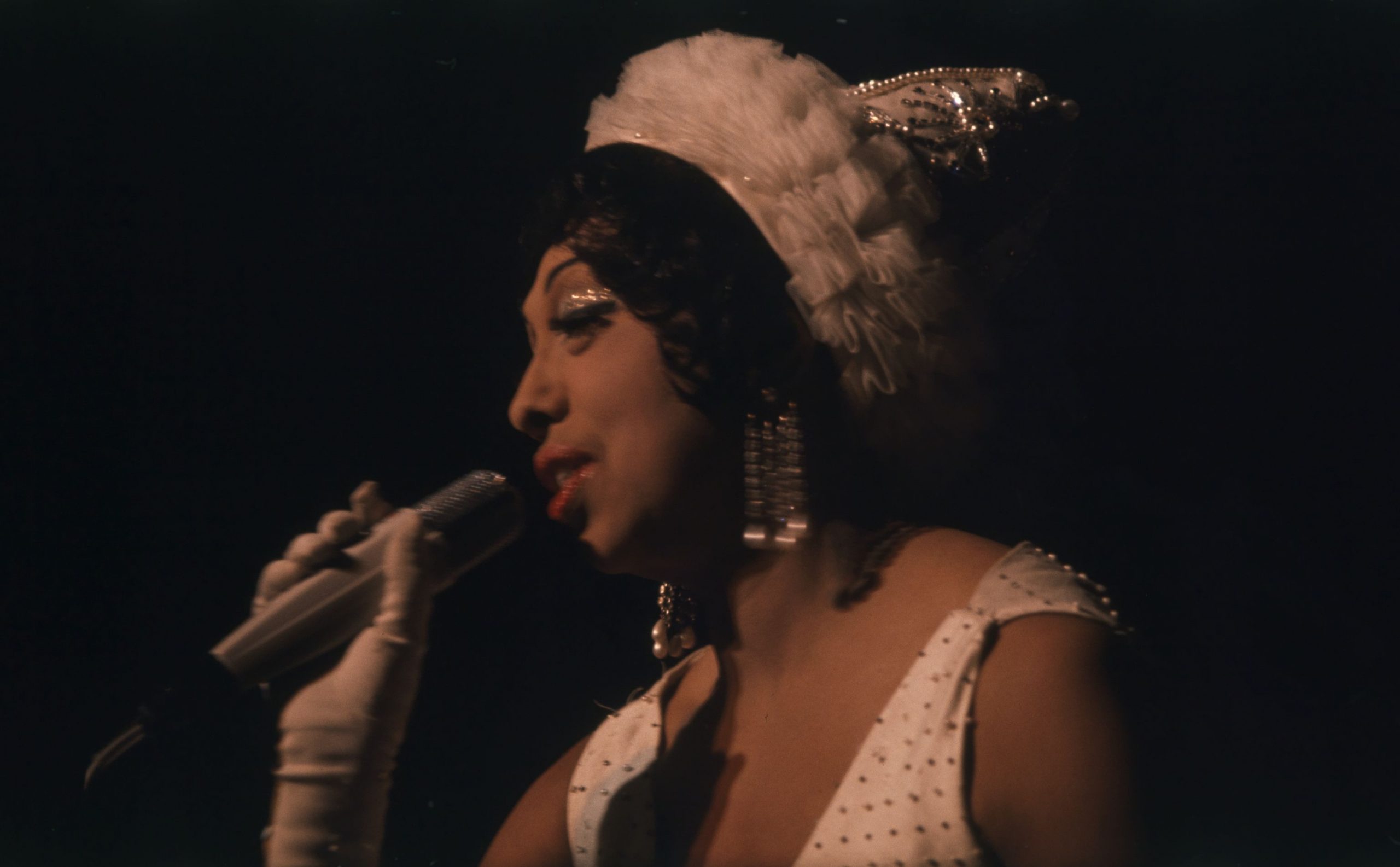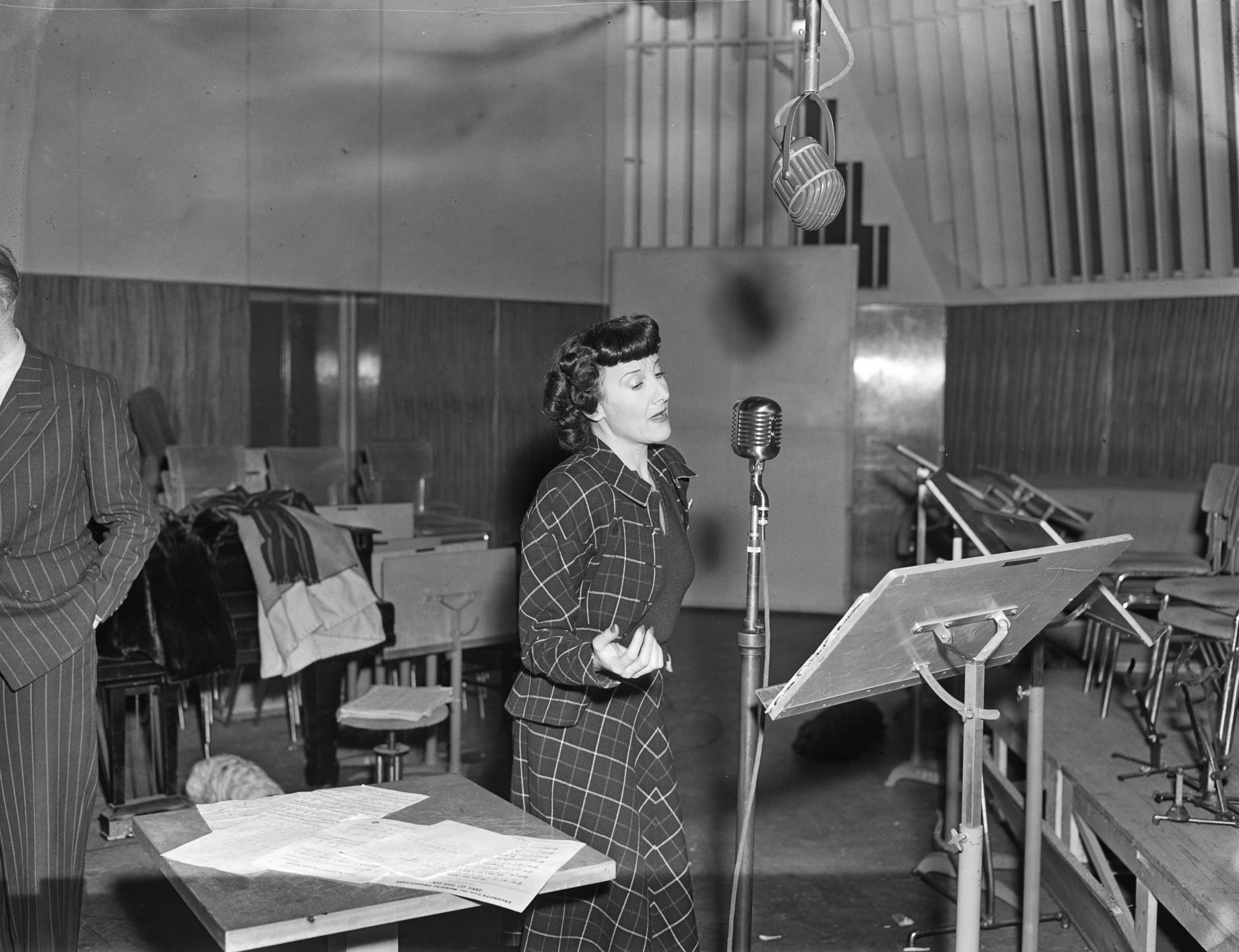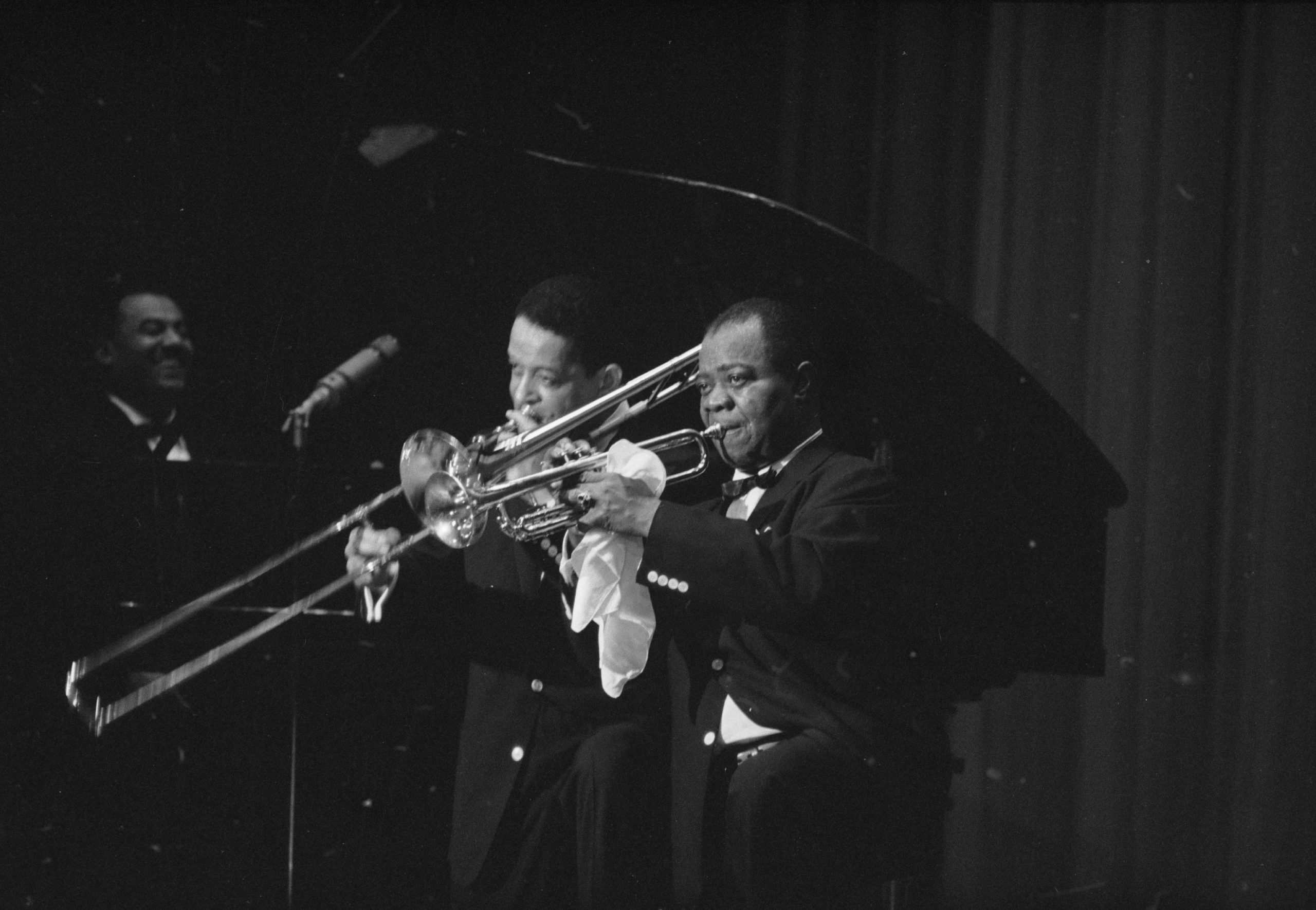When Grace Kelly was young, Jo Stafford reportedly was her favourite singer: Listening to You Belong To Me by Jo Stafford, one is immediately struck by the clarity and precision of her voice. It is not surprising that Jo Stafford actually wanted to train as an opera singer: on her recordings she shines with a unique diction and a vocal expression that was unique in traditional pop music. At sixteen, she also played a role in the opera Rigoletto at the Long Beach Terrace Theatre in California.
Jo Stafford learned to sing from a local radio host: She spent six months with him practising not singing but learning the correct breathing technique, completing one vocal exercise after another. In 1929, the young Stafford performed on a stage for the first time: she sang the traditional Irish song Believe Me If All Those Endearing Young Charms.
When she attended high school, she and her two sisters formed the trio The Stafford Sisters. In 1938, the trio was invited to appear in the film production Alexander’s Ragtime Band (1938): During the filming Jo Stafford met the members of the future singing group The Pied Pipers.
The Pied Pipers
There was little to do on the set between takes – for fun, some singers on the set began to sing harmonies. This is how the group The Pied Pipers was formed, with whom Frank Sinatra also sang a few times between 1940 and 1942. Sinatra had just become part of Tommy Dorsey’s big band.
Tommy Dorsey was to play a major role in Jo Stafford’s career: Dorsey is credited with bringing Frank Sinatra and the Pied Pipers together for the number one hit I’ll Never Smile Again (1940).
Dorsey was also the one who gave Stafford the opportunity to release a recording as a solo artist for the first time: With Little Man with a Candy Cigar, Jo Stafford released her first recording as a singer in 1942.
For the next three years, the Pied Pipers toured non-stop – touring various cities in the United States and usually staying in one city for a few weeks.
Weston understood how to score Stafford’s clear and warm voice with suitable arrangements.
Capitol Records
In 1944, Jo Stafford made the decision to pursue a solo career: The singer and pianist Johnny Mercer, an acquaintance of Stafford, had founded Capitol Records in 1942, the first recording studio on the US West Coast. Until then, Stafford had always had to go to the East Coast to keep up with the musical pulse of the times – this changed with the newly founded Capitol Records.
The music director of Capitol Records, the arranger and composer Paul Weston, was responsible for the typical Stafford sound in the following years: Weston understood how to score Stafford’s clear and warm voice with suitable arrangements. During this time, recordings such as Tennessee Waltz or You Belong To Me were made.
American Folk Songs
In 1948 Jo Stafford released the album American Folk Songs: On the album Stafford interpreted folk standards like Wayfaring Stranger. The folk album was the first time that anyone dared to arrange folk songs with an orchestra and with string instruments.
Jo Stafford was no longer just a traditional pop singer, but also a folk singer: the album became so famous that the American Folklore Society established a Jo Stafford Prize. Folk singers like Judy Collins later cited Stafford’s album American Folk Songs as an inspiration to become musicians themselves.
In 1954, Jo Stafford got her own television show on CBS: The Jo Stafford Show, with episodes of 15 minutes each, featured musical accompaniment by Paul Weston. Weston also wrote music for Stafford – for example, the well-known song Shrimp Boats was penned by Weston.
G.I. Stafford
Jo Stafford was a regular in recording studios until the mid-sixties: from the mid-sixties onwards, the American public was introduced to a completely different kind of music.
The days when traditional pop music and folk music appealed to large masses were over for the time being. Jo Stafford realised this and ended her career as a singer in the mid-sixties. Her last albums, which she released in the early sixties, mainly picked up songs from the past.
Jo Stafford distinguished herself by covering a wide range of musical genres during her career: she was known mainly as a traditional pop singer, but also sang folk, jazz and country songs.
She was also considered the voice of the G.I.s in World War II: her songs were often played to keep the US troops entertained during World War II. Especially the song I Left My Heart at the Stage Door Canteen underlines her activity in the service of the US troops during the Second World War.
Jo Stafford is undoubtedly considered one of the most versatile singers of her generation.
Detour into the comedy scene
After her career ended, Jo Stafford rarely performed: For the last time, Jo Stafford sang at a ceremony in honour of Frank Sinatra in 1990.
To this day, Jo Stafford is remembered for her unique voice: she shone with flawless intonation and a clear, pure sound. If she had trained as an opera singer, as she had initially intended, she would probably have become a coloratura soprano.
Her collaboration with arranger and composer Paul Weston over many years was one of the reasons why Stafford was able to deliver a consistent artistic performance: Weston knew exactly the strengths of Stafford’s voice and wrote Stafford’s arrangements to suit her. Stafford refused to perform on Broadway – she was afraid that her voice was not strong enough for that kind of stage work.
Jo Stafford left nothing out in her career: in 1960 she released the comedy album Jonathan and Darlene Edwards in Paris. The musical comedy in two acts, which Stafford and Paul Weston put together and also played on television, introduced Jo Stafford to the world of comedy. Jo Stafford is undoubtedly considered one of the most versatile singers of her generation.
Main source: Jo Staffords entry at musicianguide.com.
The information that Grace Kelly admired Jo Stafford in her younger years is derived from: Spoto, Donald: High Society – The Life of Grace Kelly, 2010 Crown Publishing

 Deutsch
Deutsch

